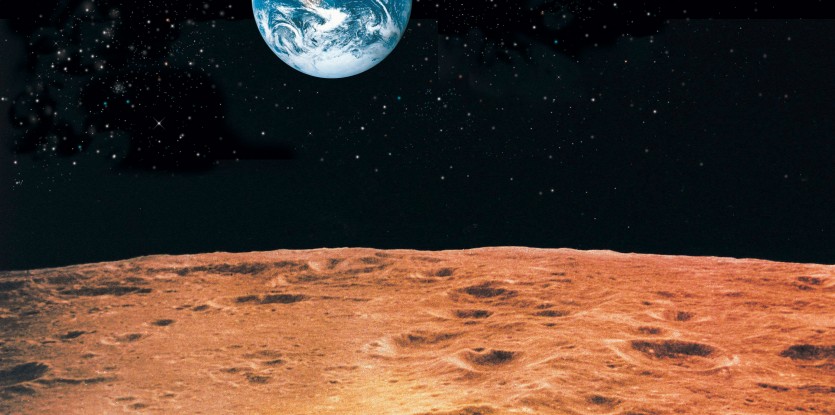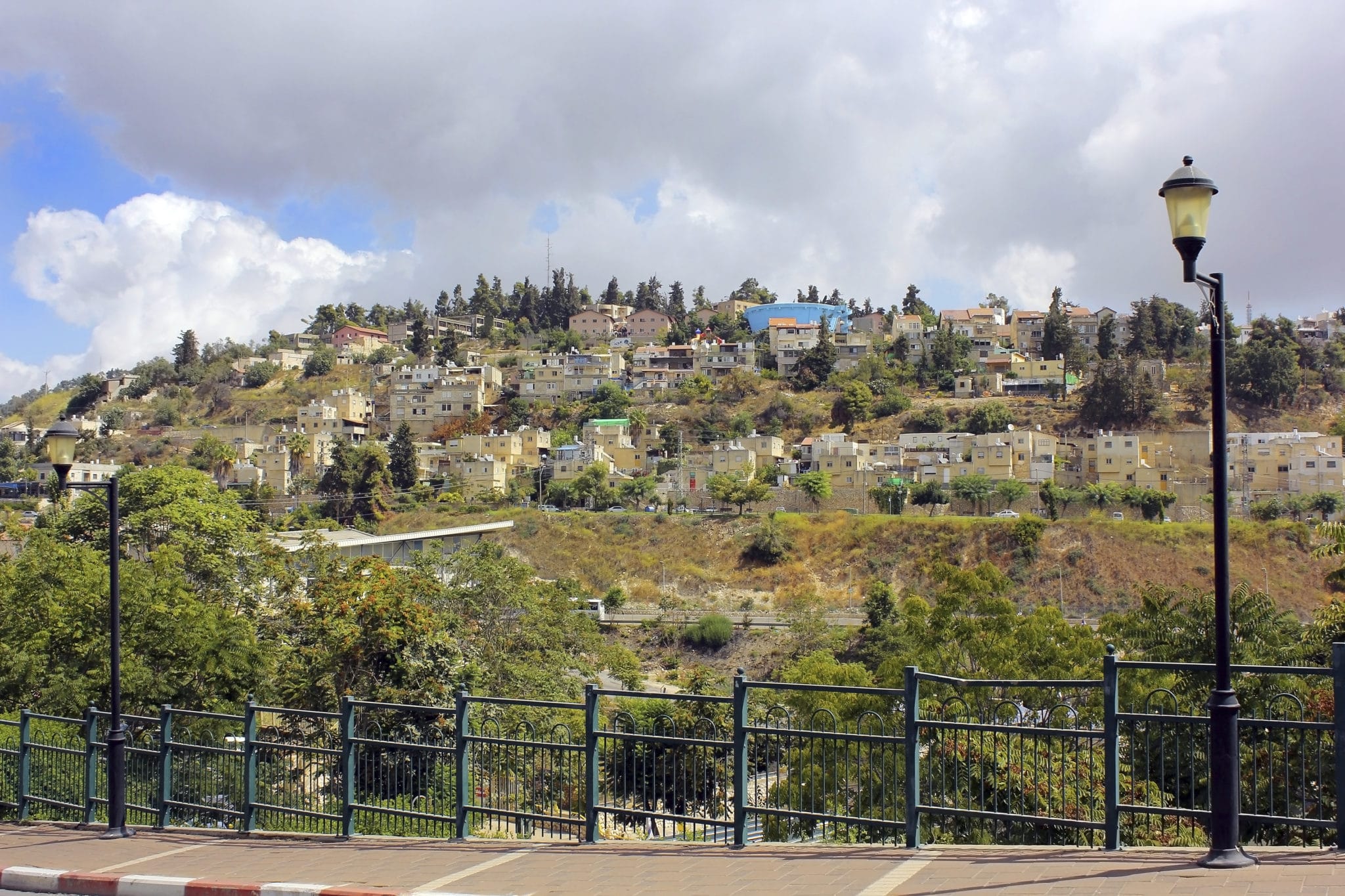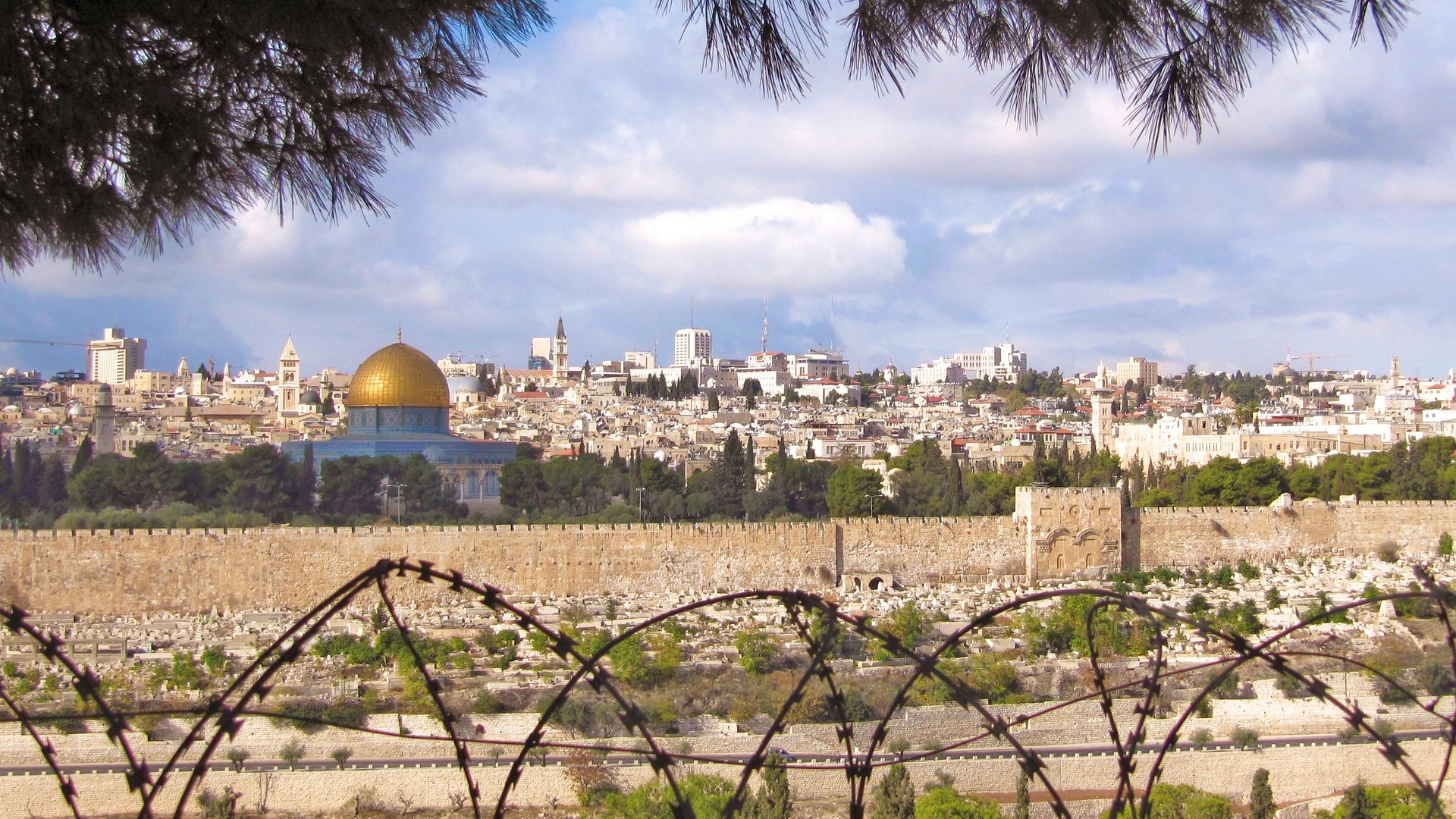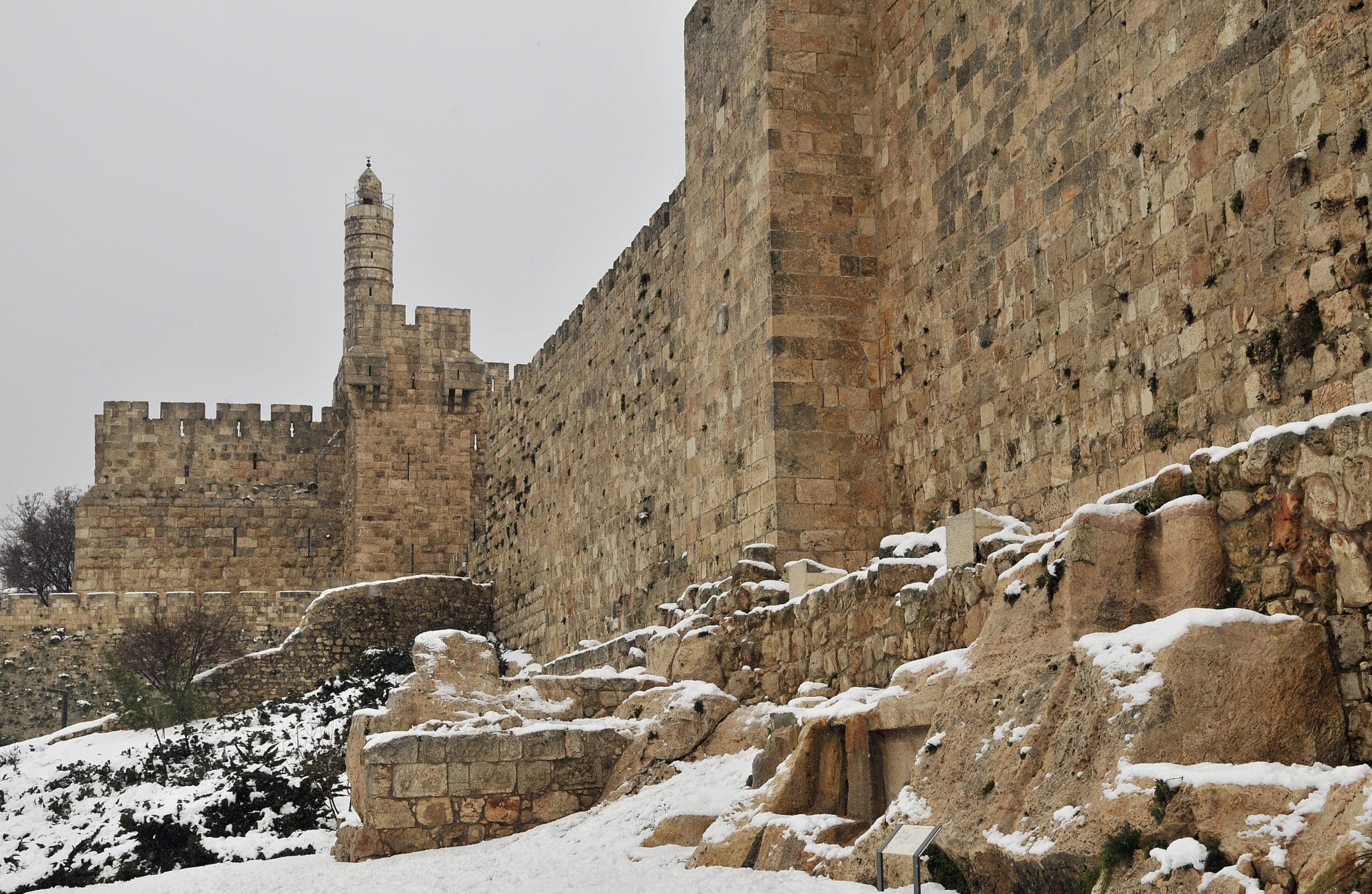Excerpt from a Diary
When this one will rise the other one will fall – Midrash and Rashi Genesis 25:23
Tuesday, March 15, Purim 2006 – Milan, Italy
Land Monday at Malpensa Airport in Milan. The singsong lilt of Italian is warm and silky. In contrast to, say, the guttural sound of authoritative German. Yet, despite its soothing tone, this (or its root) may also be the language of Titus and the Romans as they destroyed the Holy Temple 1938 years ago.
Purim eve I hear for the first time the Persian version of the Megillah reading [the Purim narrative read in synagogues twice on the holiday, in the evening and the morning]. The Persians read the Megillah without the Ashkenazic intonations; and the end of each phrase is read out loud by the entire congregation, and then repeated by the leading reader – more like an intimate story being read together.
Considering that the Persian Jewish community goes back in an unbroken chain to the events of Purim in ancient Persia, it seems likely that their tradition may be closer to the original than the Ashkenazic one. Fine with me; I do after all have some Georgian genes.
My thoughts travel back to heaven. From the sky there is no difference between Persia, Rome or Jerusalem; they are all little geographic dots on the Earth’s landscape. The higher you go the smaller and more insignificant everything on Earth appears. All the wars and politics, all the differences and obsessions of mankind seem like irrelevant anthills in the backdrop of the grandiose galaxies.
No wonder philosophers of all sorts found it difficult to imagine that G-d would care about the minutia of this small speck of a universe. The higher they climbed, the greater the horizons, the less importance our lives became. Even to the extent of questioning whether there is a Divine Deity at all. Ironic indeed. One would think that the more one would experience the grand majesty of the universe, especially today with our sophisticated telescopes and outer space ventures, the greater would be the respect for the Cosmic Artist… Yet, the sheer magnitude of this gargantuan magnificence also diminishes the value of each detail, and the consequence of each individual life, which pales in comparison to the vast beauty of the cosmos. And thus one wonders whether G-d cares…
But back on Earth we care. And back on Earth we have Purim – the celebration of the triumph of a minority against their oppressors, in this case a small nation surviving annihilation at the hands of the world’s superpower. Purim celebrates that it does matter and we do care, and so does G-d. G-d’s presence may be hidden (thus the Divine is not consciously mentioned in the entire Megillah), but His direction is not. When you study in perspective the details of the story and their conclusion, you see the Divine Providence at work. The dots may seem immaterial from close up, but when you connect them, a picture emerges.
Our lives are the same. From a respectful distance the daily details of our lives, which so consume us from close up, seem irrelevant. But from an even greater distance patterns emerge.
Contemporary Kabbalah, otherwise known as Chassidic thought, elaborates on the reconciliation of the paradox of the indispensable significance of every minute detail within the context of a great universe created by an even greater G-d. Three levels of perception exist: The first is called the “perception from below” (Daas Tachton), how we perceive the universe. On this level every detail matters. The second is the “perception from above” (Daas Elyon), and from this perspective the details do not matter, because the Divine is infinitely greater and completely transcends existence as we know it. Then there is the “perspective” (if you can even call it that) which transcends and (therefore) combines both perceptions, “from below” and “from above.” It transcends even transcendence.
The Chassid, Reb Gershon Ber of Pahar would explain this paradox with an analogy. Three connoisseurs marveled at the beautiful painting of a field. The first one was intrigued by the elegant details of each stroke; the use of colors and tones; the combination of all the elements – tilled soil, stalks of wheat, rows of stalks, a bird perched on a branch, surrounding flowers – to depict the simple but profound beauty of nature as played out in the common field. “What a great farmer,” he thought, “this artist must be.” The second expert, who was a personal acquaintance of the artist, was amazed at the fact that this sophisticated aristocrat, who was infinitely superior to a farmer, was able to lower himself to draw a painting of something so inferior to himself. The third specialist was in absolute awe of something that the first two entirely missed: The artist had infused his entire personality – which completely transcended the field – into the details of the painting of the field!
All three were right: The field – the universe – is beautiful; the Cosmic Artist transcended His field; but He also imbued it, in all its infinite detail, with His Personality and Essence.
Wow, it’s hard to believe that a simple Megillah reading Persian-style evoked these thoughts. Their personal, interactive way of telling this ancient story struck me as the capturing of eternity in an hour (which is approximately how long the reading took) in a most concrete way.
But maybe it wasn’t just the reading. Purim day I participated in the celebrations of different families, and I movingly witnessed the depth of the Divine in simple acts, in just one city, on our small planet Earth, one speck of our mammoth universe, a mere echo of the cosmos and beyond, but this echo resounded with immortal music.
There is something about traveling away from home that allows you, if you allow yourself, to witness events in slow motion, almost like out-of-body, and see things in a new light.
My hosts Rabbi Moshe and Mrs. Judy Lazar, who have built a beautiful family spread around the world, are devoted as possible to their work in the Milan Jewish community for the past 46 years. Rabbi Lazar shows me his Viennese birth certificate stamped with a German swastika. He escaped Vienna in 1939 and arrived in America on the last boat out of Italy. Mrs. Lazar was born in Hungary, herself and her family Holocaust survivors. Now both of them are here dedicated to helping anyone they can reach – a comforting presence in the Roman Empire. Tell me that this is not a mark of eternity.
My friend Izzy Namdar takes me around to visit some of his family. Originally from Persia, then London, they are now living in Italy. Refined, wholesome people of deep belief – demonstrating the unwavering power of faith that has carried the Jewish people over millennia.
And then of course, Rabbi Gershon Mendel Garelik and his dedicated wife Bessie – the first couple sent by the Rebbe to Italy in 1959, and have loyally served as his shluchim ever since. Their 47 years of total dedication in a foreign country has made an eternal impact on the people and the land. Their children both in Italy and around the world are involved in similar work. The Russian Born Rabbi and his American born wife, both from deep Chabad Chassidic homes, are now helping reshape Italian culture. (Even though the Rabbi tells me that when he speaks Italian people think he’s speaking Hebrew or Yiddish).
The European children of Esau – whether it be in Rome, Paris or Berlin – have finally found their match. The children of Jacob are on the march, chipping away and making their mark on the Esau-saturated European gods.
I was watching myself watch the simple beauty of mankind, of Jews celebrating with their families, visiting friends, bringing gifts, sharing a drink – nothing very dramatic, but eternity nonetheless.
People who care, who are committed, who would go out of their way to help another. People who are making a difference
I know G-d is watching and cares.
***
Wednesday, March 16, Shushan Purim 2006 – Jerusalem, Israel
A 3½ hour flight takes me from Italy to Jerusalem, where Purim is being celebrated a day later than in the rest of the world.
Walled cities in Israel (walled from the time of Joshua) – and those cities that are close and within eyesight of the walled cities – are honored by celebrating Purim on the 15th of Adar, called Shushan Purim, the day Purim was first celebrated in Shushan, the capital of Persia, which was a walled city.
Jerusalem is such a city. Old Jerusalem was and is surrounded by a wall, which was first built in the time of Joshua (the present wall is relatively newer). [In Tzfat and Tiberias, also walled cities, Purim is celebrated both days because we are not sure whether they were walled in the time of Joshua].
So here I am celebrating Purim for the second time in two days. (Does that qualify me for the Guinness Book of World Records?)
This year, I guess, I needed a double dosage of Purim madness.
What a difference a wall can make.
Yet another paradox. Walls are confines, limitations. And yet these walls express the majesty of special cities, in our case Jerusalem. Within these confines infinity can be found. This small walled city is a Divine portrait. As G-d told King Solomon: “Yes indeed, heavens and heavens of heavens cannot contain Me, but this building,” the Holy Temple, can contain my Essence.
And within the single day of Purim, just 24 hours long (in my case 48 hours), we experience that which is “beyond perception” (“ad d’lo yoda”), beyond the walls separating the curse of darkness and the blessing of light.
Yes, what difference a wall can make.
My mind wanders back to heaven and back to earth again.
And then there’s Samach-Vav – the Chassidic tour de force delivered a century ago this year. After several weeks of respite, the Rebbe Rashab resumes his discussion on the nature of light – that elusive entity which straddles the fence between the existential and the non-existential.
Flying above the clouds – with basically no telephone (cell or other) calls to disturb you – is conducive to brushing up on your Samach-Vav.
Though the Rebbe Rashab does not make the connection, I think that Purim, like light (“la’yihudim hoyso orah…”) bridges the two realities, the two perceptions, below and above.
Blake wrote, in one of the most eloquent phrases ever penned, “To see a world in a grain of sand and a heaven in a wild flower, hold infinity in the palm of your hand and eternity in an hour.”
Words are words. It’s quite another matter to live these words – to experience eternity in an hour. And indeed, we all are in need, from time to time, to have a taste of eternity; a feeling that you and your actions matter and have lasting impact.
To do so we often need to turn our lives upside down and inside out. Which in a sense is what Purim is all about.
I drowse off as I write these words. As my eyes close, overlooking the walls of the Old City of Jerusalem, I think about the words of the prophet: “Jerusalem will sit open ; for I will be your wall of fire, says your faithful G-d.”








Your Purim in Italy discussion was, as always, uplifting. While G-d did conceal himself in Purim and at other times, his presence, if one looks closely is always there.
WW II was a miserable time for humanity in general and Jews in particular and all Jews regardless of stripe try to find G-ds hand in the events. The advent of the State of Israel, while wonderful, doesnt quite do it. Nevertheless, I feel as you do, that G-d is watching and does care.
So where is the presence? To me the presence is how close the Nazis came to success in WW II, but how events always conspired against them to keep that success just out of their reach; some examples (i) From their forward positions on the Eastern front the Nazis could see the Kremlins spires, but they never got to Moscow and a year later they found themselves wedged into a two front war (ii) From their forward positions in Africa the Nazis could see the Pyramids; success in Egypt would have given them Suez and possible oil, so necessary for their war effort-but they advanced no further (iii) The Nazis came close to an A-bomb which they would have used with relish, but their facilities at Peenemude were successfully bombed (iv) A ruse by the Allies convinced Hitler that the European landings would be in Calais not in Normandy-so, as bloody as the landings were they were successful…and there are numerous other twists of fate that I believe that G-ds presence was evident in.
So perhaps the next question is why all the pain…The Holocaust, tens of millions of others killed, etc? I suppose that we could ask the same question about many biblical events as well; i.e., why did we have to suffer in Egypt before we became a nation? Heres a thought: when I was a little boy, doctors still made house calls. Our family doctor, Louis Pellman, a wonderful man, was always summoned to our house at night when my temperature hit 101 and he always did the same thing-give me a shot of penicillin-did I hate those needles! Why couldnt he just let me get over that cold? Why the pain? The simple answer was that I was a child and I didnt understand that the pain of the needle really benefitted me in the long run. I was a child and could not understand the adult plan-the fact that I was being personally pained made things all the more difficult. For humanity, the distance between our understanding of things and G-ds is certainly wider than my understanding of things compared to my doctors and my parents. Of course, that doesnt mean that we shouldnt try to make sense of it all.
What a wonderful, meaningful, touching essay. Thank you. Thank you.
This was close to poetry – and profoundly moving.I guess it takes a shift of such scope as Italy to Yerushalayim to gain those insights!
May we see a nahafoch hu in the whole world teichef umiyad mamash
Dude, before you go dissing Latin, remember you wrote that article in a language as strongly derived from Latin as the one they speak in Italy. For the opera fan, Italian is downright holy. Its a great language, equal to Yiddish in its expressive quality.
As for the Romans, they were some pretty nasty guys, but they represent the most successful world power in history. They brought civilization to Europe and to some degree, molded all of us, even you and me.
Indeed, you are an artist that can paint beautiful pictures with your words. There is a saying that words are symbols of symbols, and therefore twice removed from the reality they represent. What is it then that gives words their power, if it isnt the intentions of the heart that fill the twice-removed spaces.
Thank you so much, for the essence of your soul that filled your beautiful article, From Rome to Jerusalem.
Rabbi Jacobson, I lived in Milano for 13 years when I got married. What a lesson, to see how Rome, the world power, is now just a tourist attraction, while Am Yisrael Chai! I, too am Persian, and when I read how you heard the Persian-style Megillah reading, I had to smile, because my late Father-in-Law used to read it there. But here, too, in NY we read it the same way.
I was very fortunate in having the Lazar family and the Garelik families to teach me and to inspire me. I am related to the Namdars, such a wonderful family.
Thank you for such a great article, I enjoyed it.
When I go on my speaking engagements, I also enjoy being up in the sky with no distractions of phones etc., so I identified with you very much.
Thank you.
Thank you! Wonderful essay.